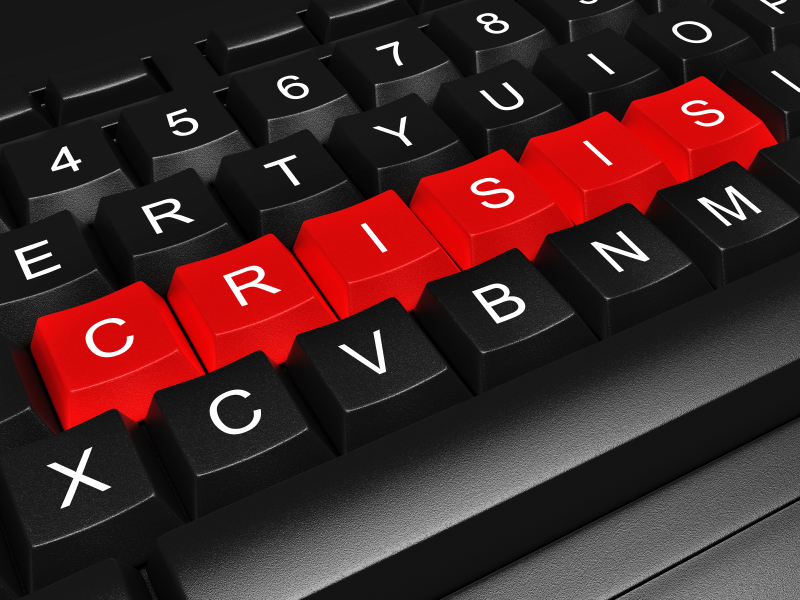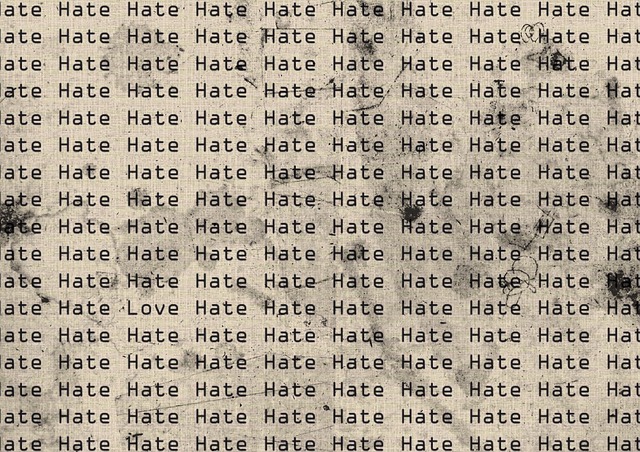
 Long before Long Island City, New York, hit Amazon’s relocation radar, a pivotal resident, mover-and-shaker and reputation guru was instrumental in putting it on the map.
Long before Long Island City, New York, hit Amazon’s relocation radar, a pivotal resident, mover-and-shaker and reputation guru was instrumental in putting it on the map.
Arthur Rosenfield is notable for many reasons. But his insights into reputation-building interested us from the time we met him. That was the morning the world learned Amazon plans to build a major anchor in Long Island City, New York. We met at Coffeed on Northern Boulevard, in the same building where Brooklyn Grange’s famous rooftop farm exists.
In his 35 years as an investment, marketing and, later, social media entrepreneur, he has been passionate about bringing diverse communities from business, political and entrepreneurial worlds together. An early adapter of the internet, he developed several large scale, branded internet service across news, search engine, city guide, and matching services for businesses and consumers.
OurLIC.com (OurLongIslandCity)
One of these was OurLIC.com, a digital news and information site dedicated to Queens, the borough where Long Island City is located. This site connected the area’s burgeoning entrepreneurs, established local businesses, community organizations and local politicians to attract 100,000 monthly users at its peak. “The two-way dialogue of the internet changed everything,” he says. “People have a bigger voice than ever. They want to connect with each other online in a way that replicates real life and adds value to theirs.”
In 2008, drawing from the connections made with OurLIC.com, he began forming the Long Island City / Astoria Chamber of Commerce. There were only three high-rise buildings in LIC then, but he created a Board of Directors with 30 successful immigrant entrepreneurs and led a visionary ‘place-making‘ and economic development initiative for the emerging community. That contributed to LIC attracting people and investment, becoming one of the fastest growing communities in the United States. It also attracted a wave of hotel construction and tourism.
Your reputation is your brand
Arthur shares and continually updates the lessons he has learned about entrepreneurship, marketing and reputation management on websites like 100SecretsforSelling. Always attuned to the craft required to build and maintain a successful reputation, he emphasizes the need to attend to how we brand ourselves – both online and offline. To him, the nature of how we create and develop our own web of personal and professional relationships is what identifies our brand.
“Your reputation is a branding of your ability to form relationships,” he says. “To build them, the success of the other person must be essential to yours. And you have to build them in person. True relationship-building can’t be done online. And relationships drive everything in business.”





 Working with Nick Elliott, his editor at the WSJ, DiPietro launched the inaugural “Crisis of the Week” column on Sept. 20, 2014, following the emergence of video footage depicting NFL running back Ray Rice violently abusing his wife–and the ensuing public opinion backlash. There is a great deal of nuance in the way affiliated professional organizations handle such crises and they saw the column as an opportunity to pull apart the narrative threads behind media messaging and crisis management.
Working with Nick Elliott, his editor at the WSJ, DiPietro launched the inaugural “Crisis of the Week” column on Sept. 20, 2014, following the emergence of video footage depicting NFL running back Ray Rice violently abusing his wife–and the ensuing public opinion backlash. There is a great deal of nuance in the way affiliated professional organizations handle such crises and they saw the column as an opportunity to pull apart the narrative threads behind media messaging and crisis management.


